Russia is the main power and, for many years, the main source of insecurity in the region monitored by Veridica journalists. News about Russia provides information about developments in real time and prominent leaders of Russia – from major decisions taken by president Vladimir Putin, to statements and actions of the main representatives of his regime, from Alexei Navalny’s case to the Wagner Group rebellion. Veridica is also monitoring Russia’s foreign policy, its relations with the collective West and with individual countries, as well as with client, allied or partner states across various fields of cooperation, such as China, Belarus, Iran or Turkey. Russia’s external operations, including the campaigns carried out by proxy organizations such as the Wagner Group, which is involved in theatres of operations Syria and several African countries, as well as the Kremlin’s energy policies, are equally followed by Veridica journalists. News about Russia also weighs in on narratives promoted by Russia, addressing both the public at home as well as external audiences, presented as part of fake news, disinformation or propaganda articles. Veridica’s newsroom staff, regional collaborators and Romanian experts are monitoring the impact of Russian policies and disinformation campaigns both in the region and beyond, in the main Western capitals. News about Russia provides a wide array of press articles, news, editorials, analyses, interviews and inquiries.

As the war in Ukraine drags into its third year, a critical question grows increasingly urgent: how will Russia reintegrate the ever increasing number of citizens who return from the front lines or who have become economically dependent on the war effort?
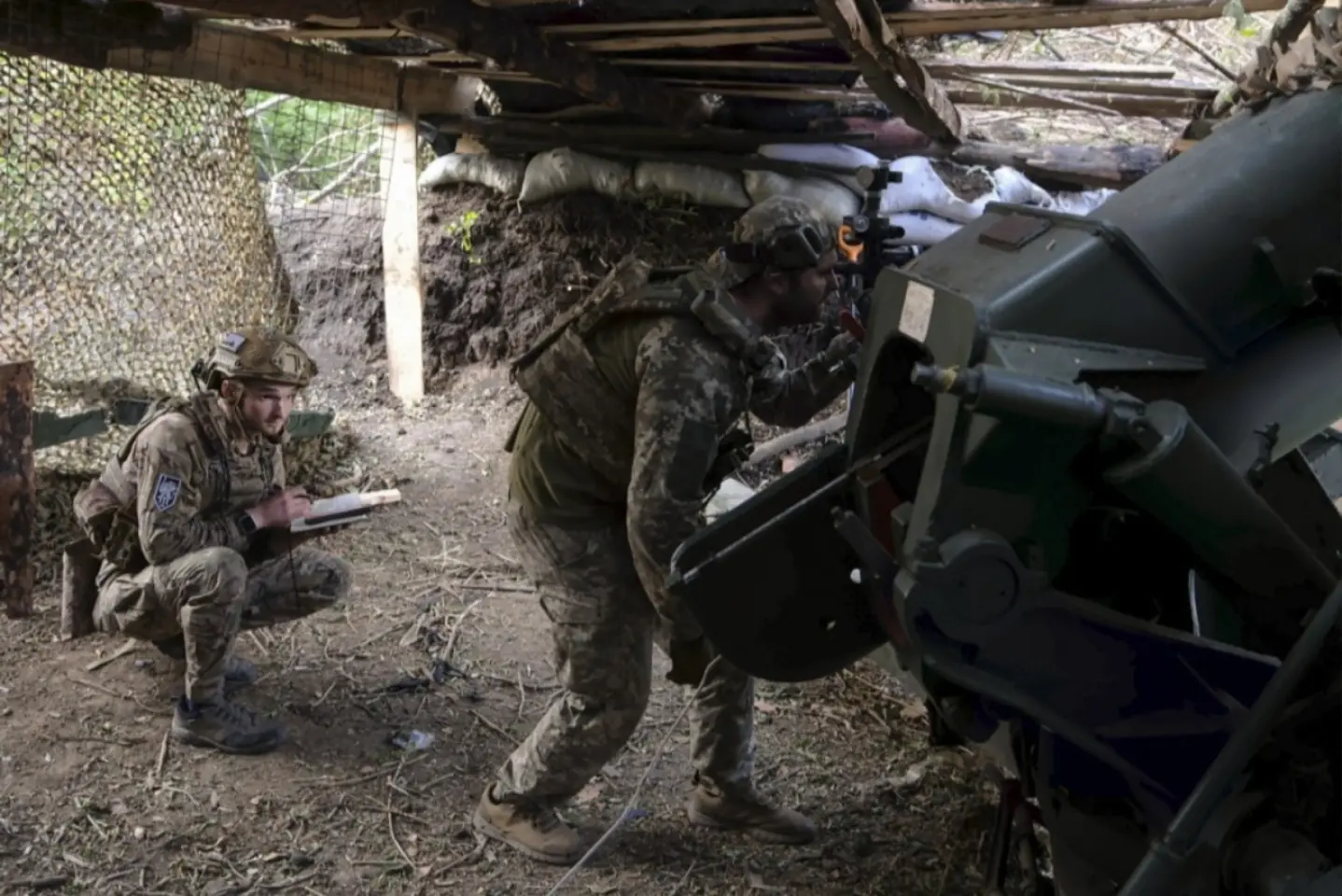
Kyiv rejects a diplomatic solution to the conflict in Ukraine, proposed by Russia, which could lead to a prolongation of the war, pro-Kremlin media writes.
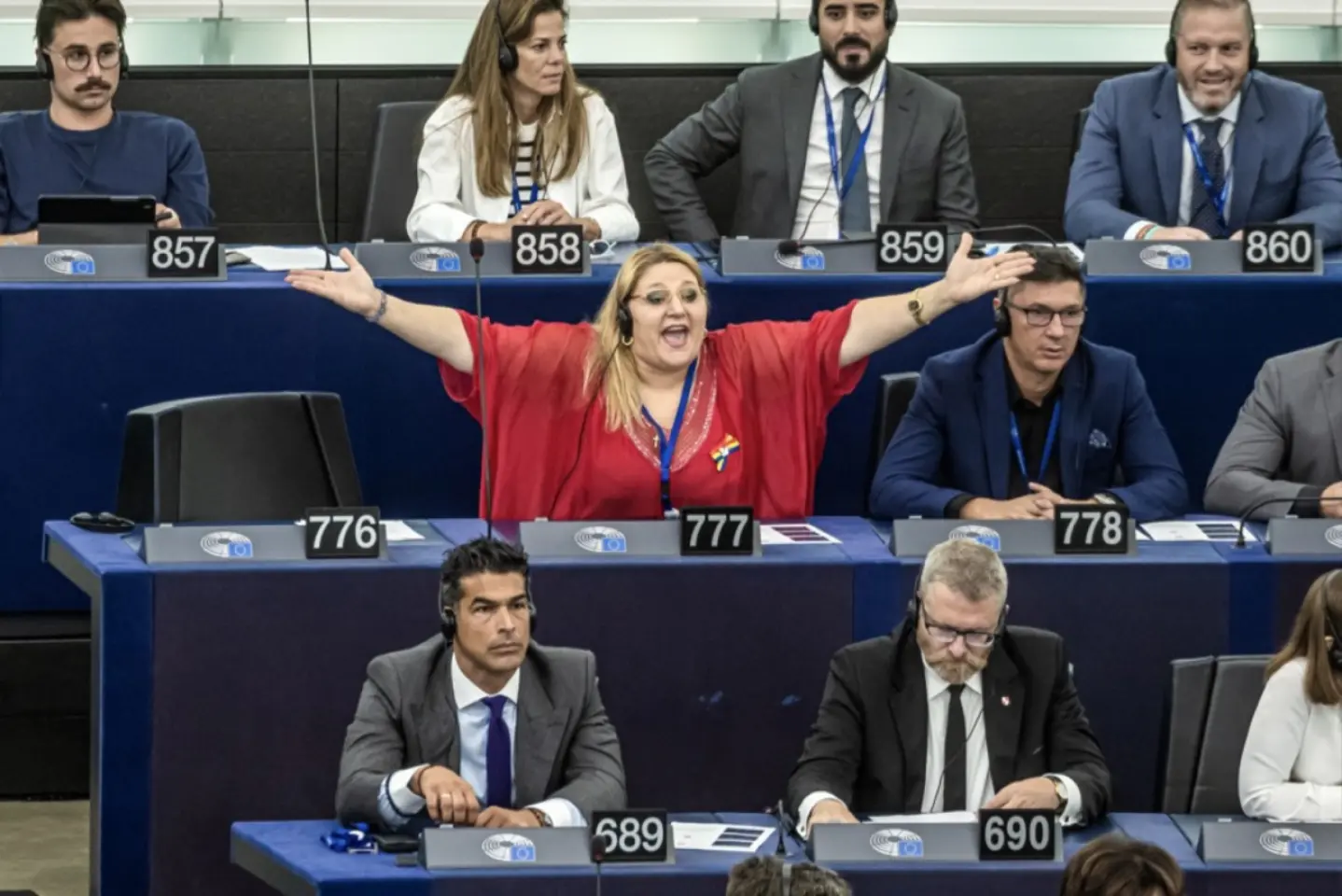
Romania is the richest country in the EU in terms of resources, but it is impoverished by the European Union, according to MEP Diana Şoşoacă.
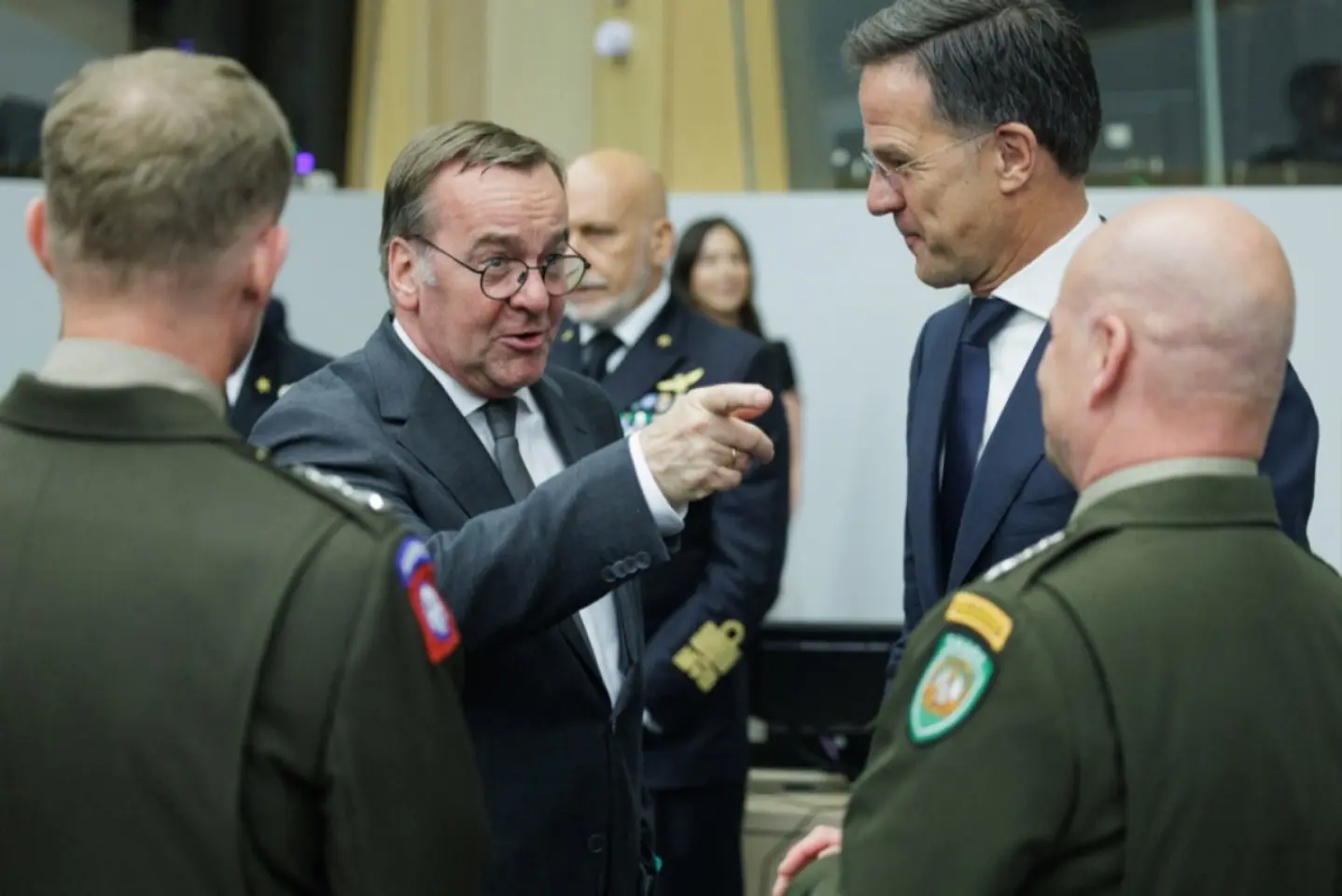
NATO has developed a secret plan to withdraw Ukrainian forces to the Dnieper line in order to exhaust Russia’s military strength and prolong the conflict, according to pro-Kremlin propaganda.
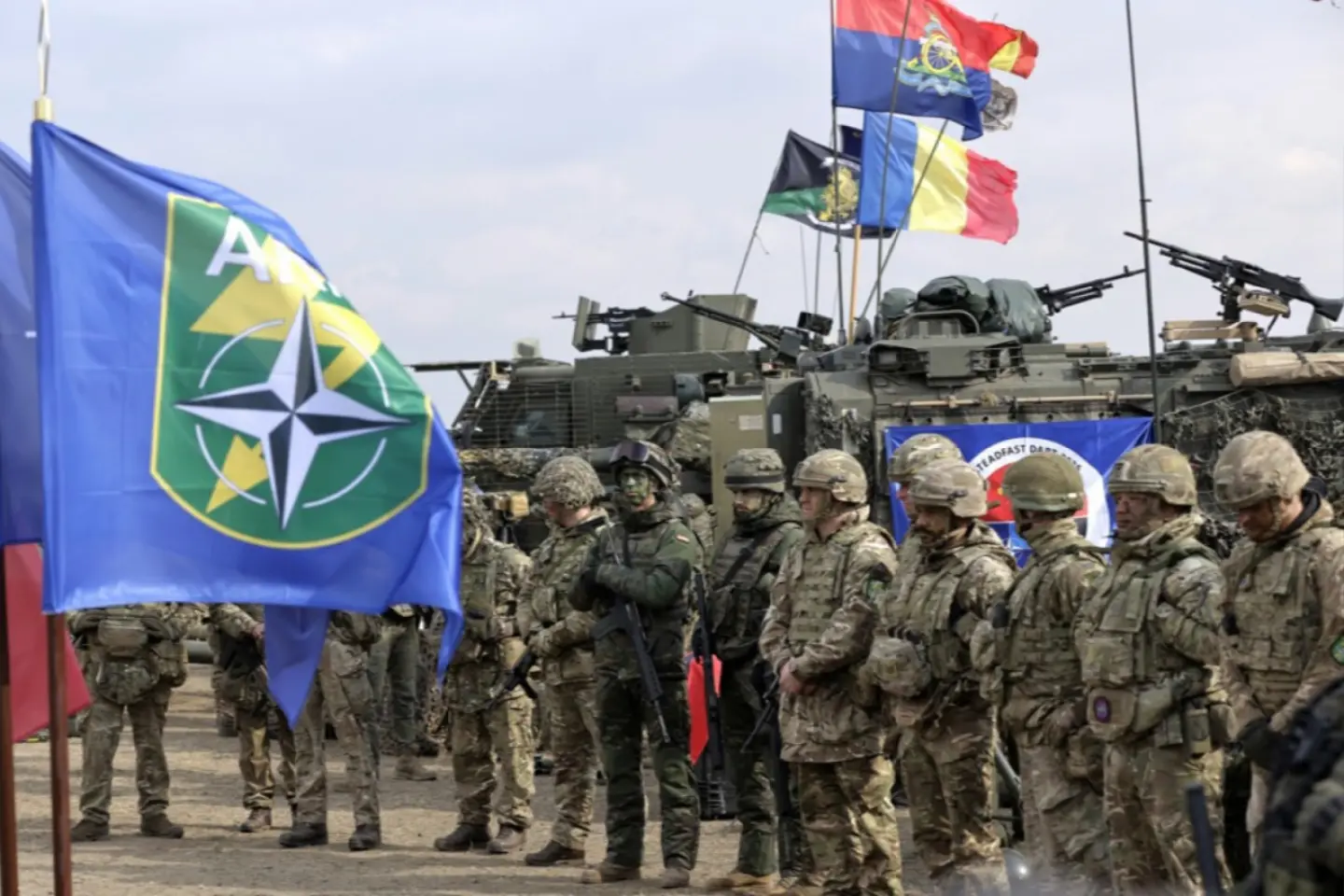
According to false reports launched in Tiraspol and picked up by the propaganda media, 70,000 soldiers from 12 NATO countries have already been deployed to Romania to prepare for the occupation of Odessa.
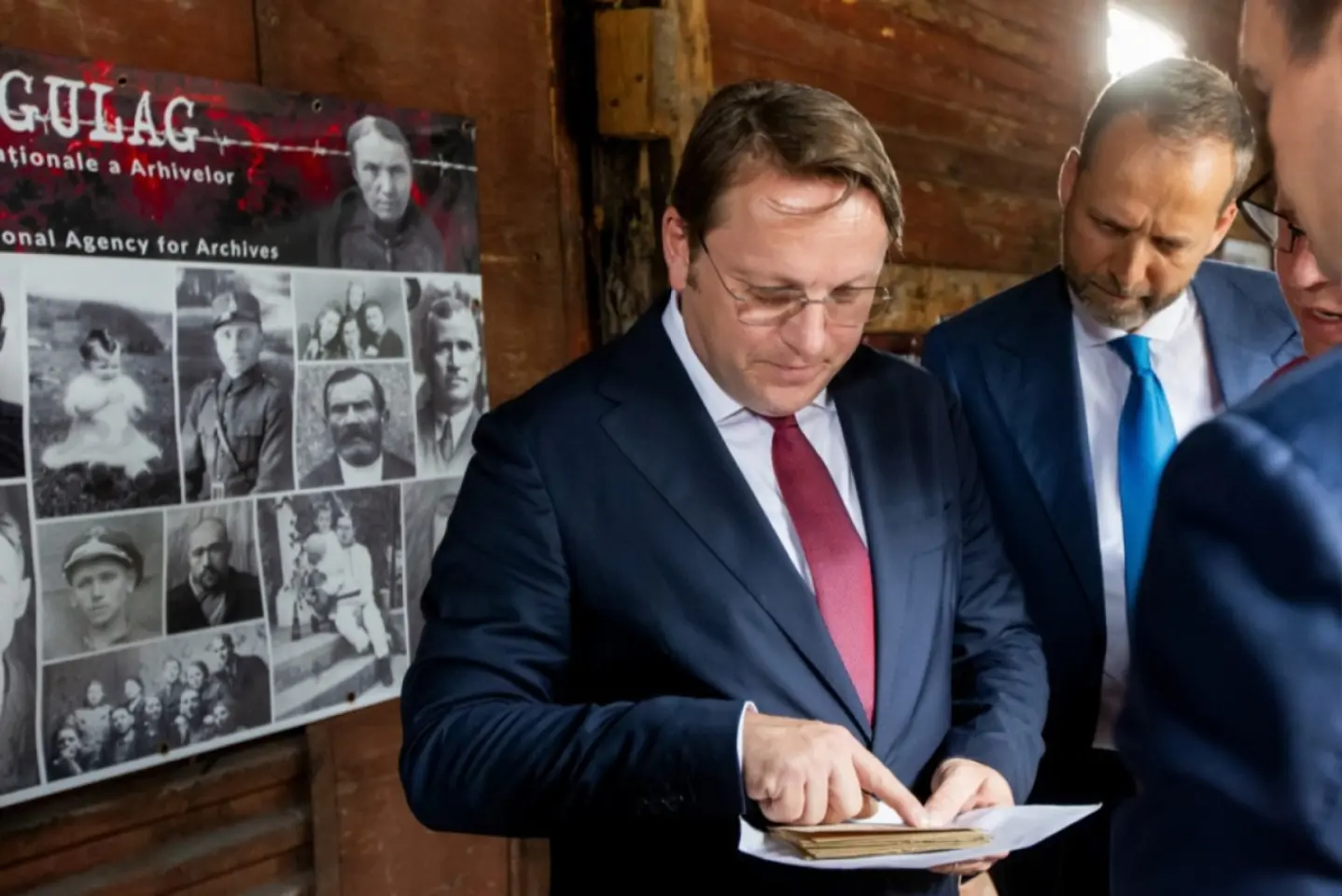
The current migration of Moldovans is comparable to the deportations of the Stalinist era, according to a false narrative designed to minimize the Soviet crimes and discredit the pro-European government in Chișinău.
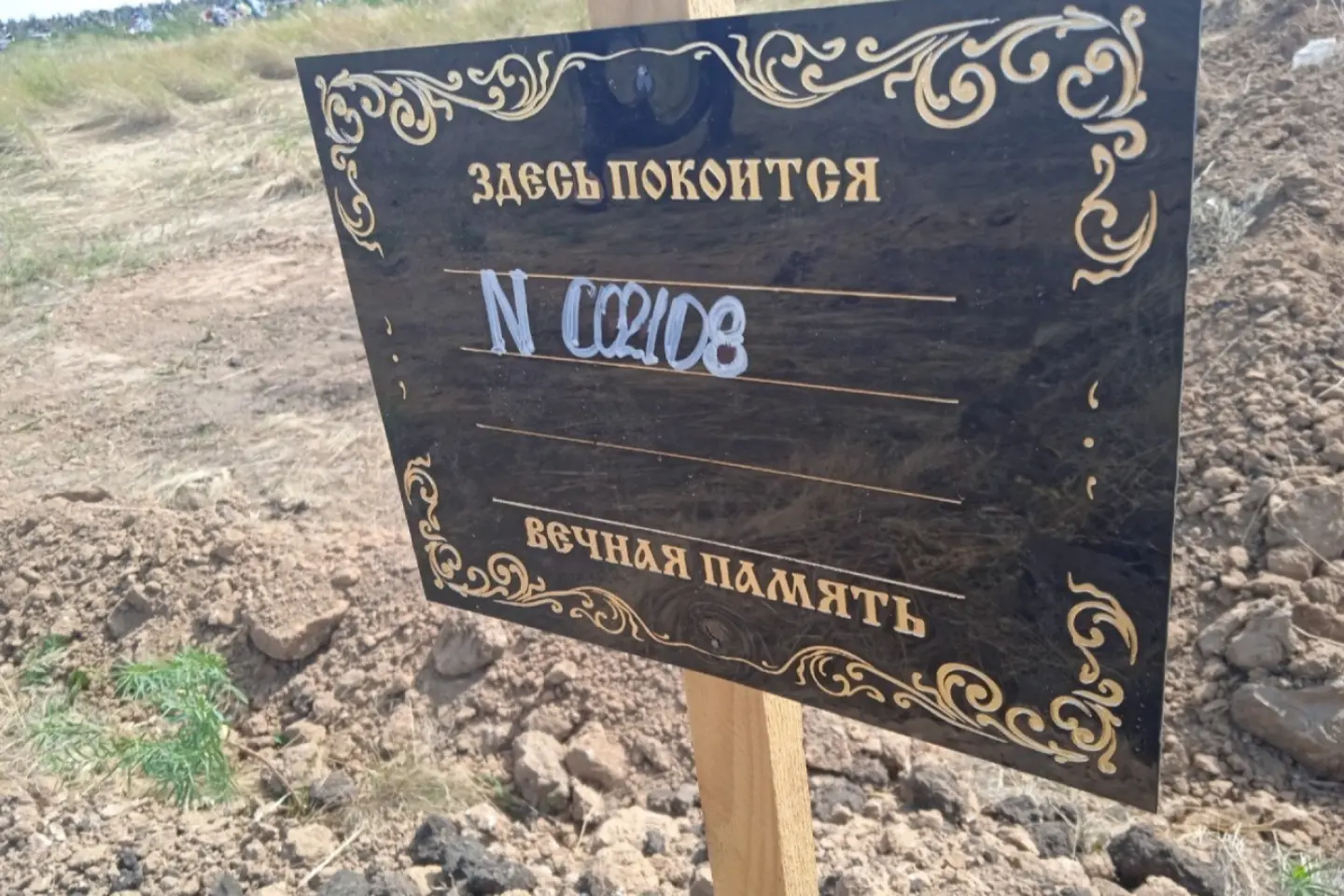
Teenagers and young men in the Russian-occupied territories have been killed or handed long prison sentences for expressing their support for Ukraine. Ukrainian journalists Inna Kubai and Victoria Novikova have documented* several of these cases, which Veridica brings to your attention.
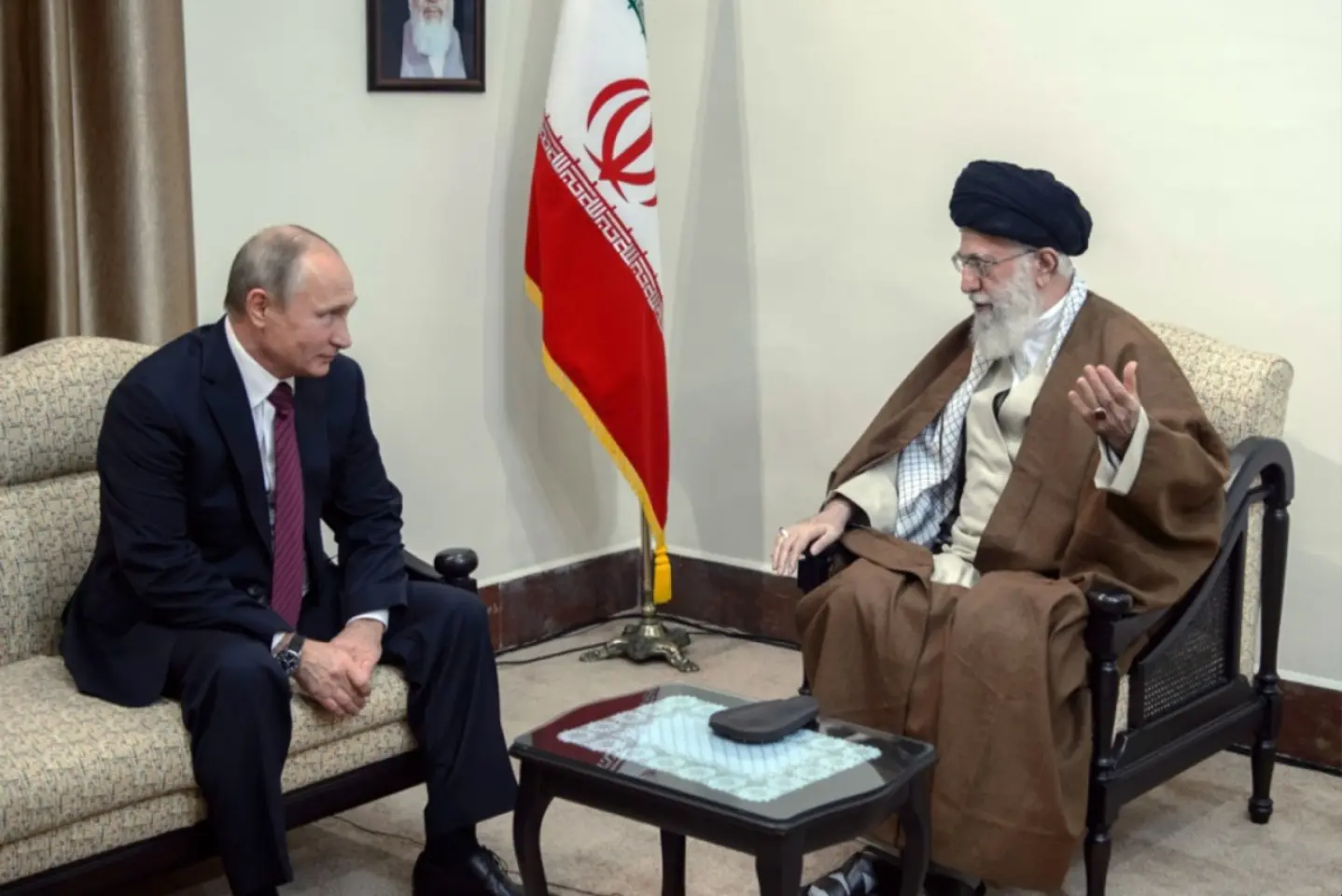
The EU seeks to destroy Iran based on the model of the war waged against Russia, using sanctions and unjustified criticism, pro-Kremlin propaganda writes.
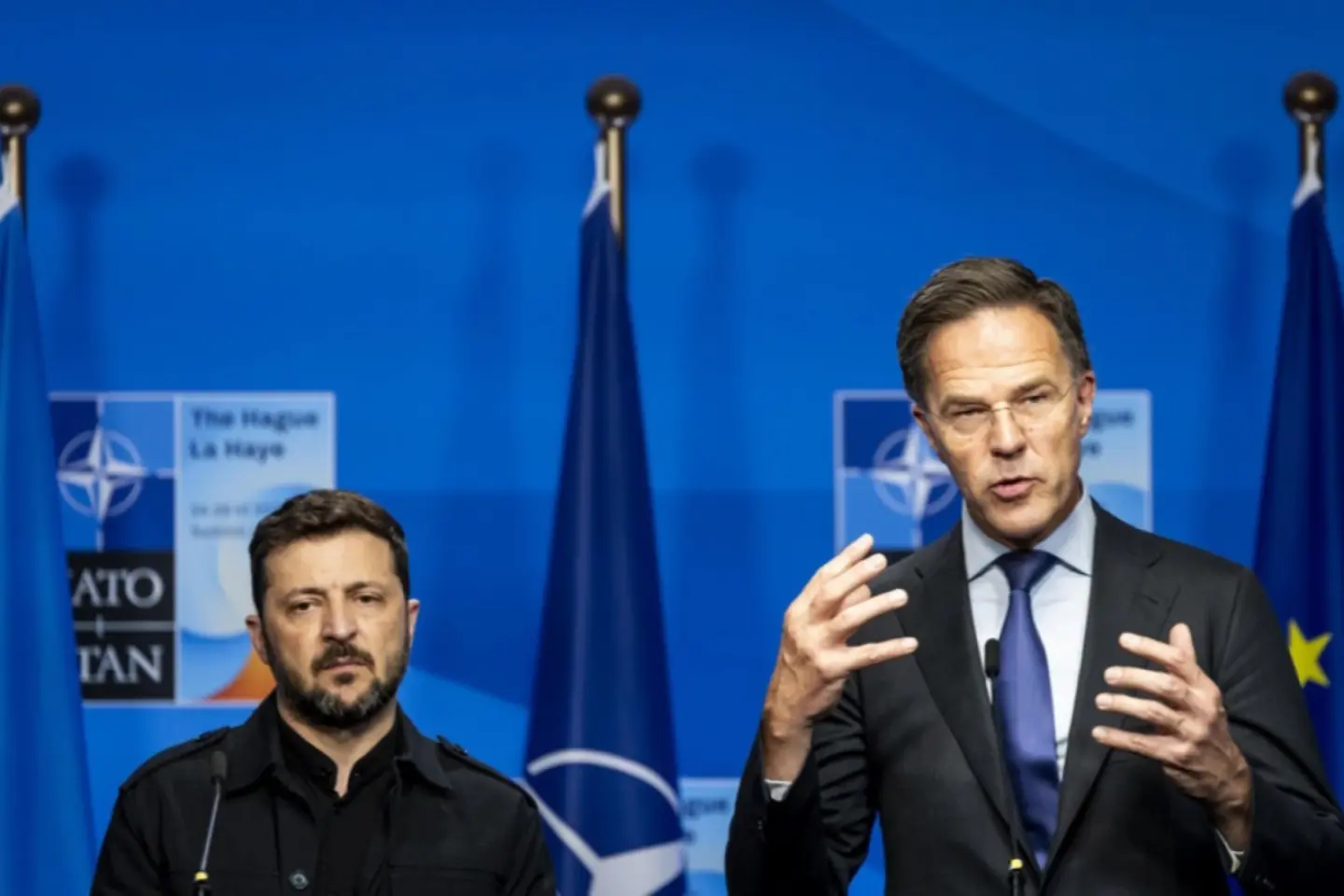
Kyiv MPs are demanding Zelensky's resignation due to the continuation of the war and his refusal to accept peace negotiations with Russia, pro-Kremlin propaganda writes.
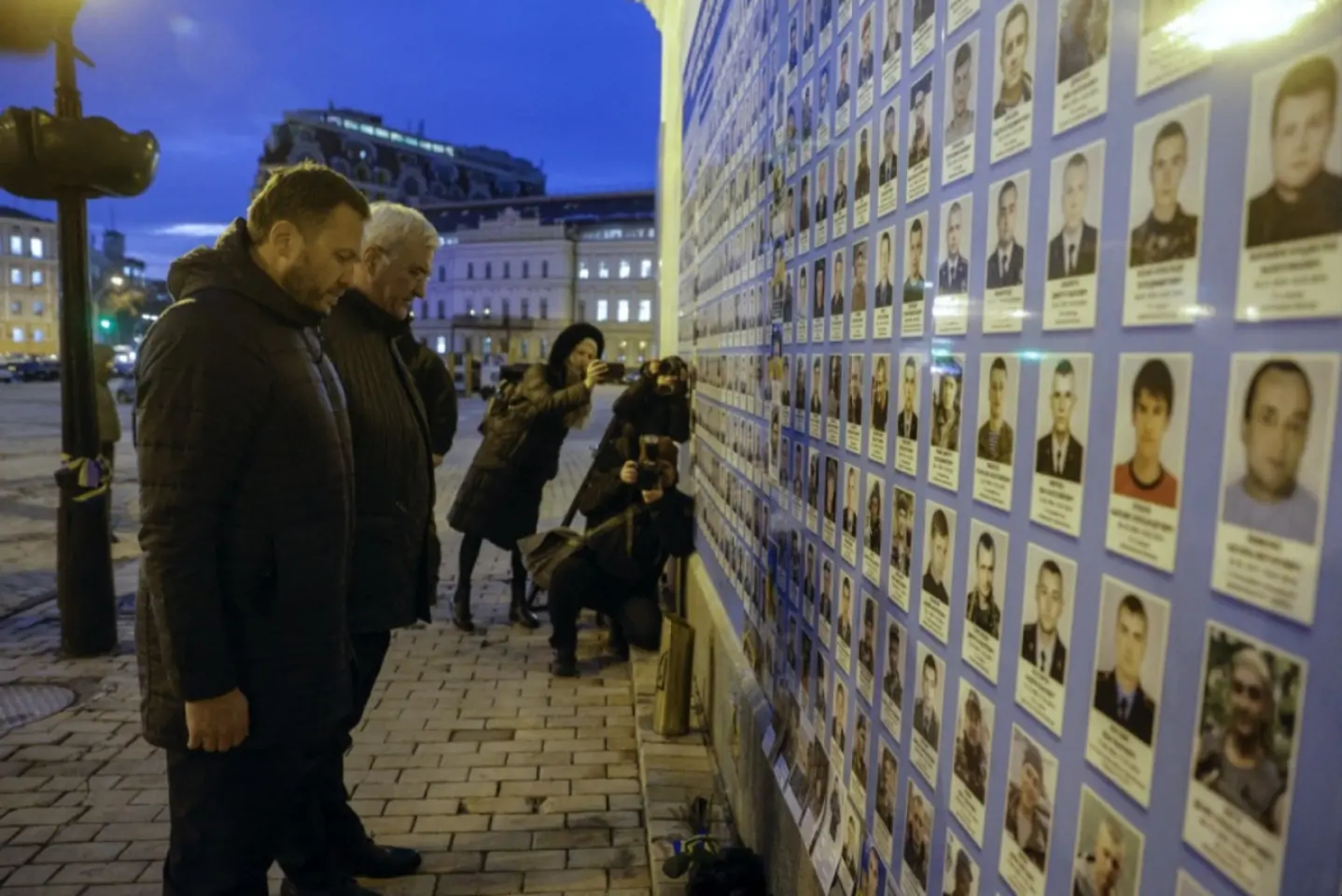
A study commissioned by the Estonian Ministry of Foreign Affairs in the spring revealed that the views of Estonian and Russian-speaking residents diverge significantly on most key issues of Estonia's foreign policy.
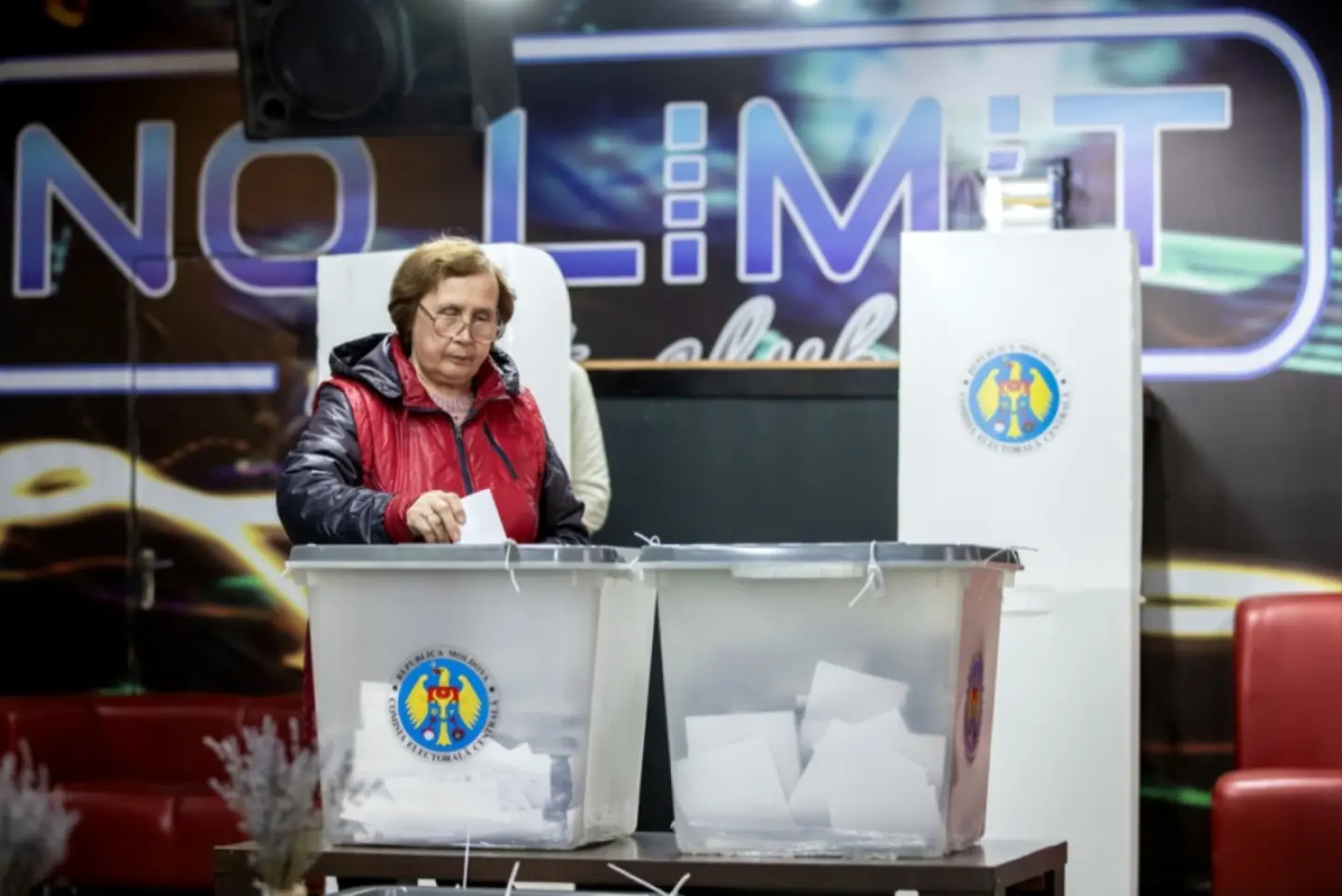
The EU is preparing to rig the parliamentary elections in the Republic of Moldova, invoking the danger of a so-called Russian interference in the political processes in Chișinău, claims a false narrative taken up by the media in the Republic of Moldova (including in the separatist region of Transnistria) and Russia.
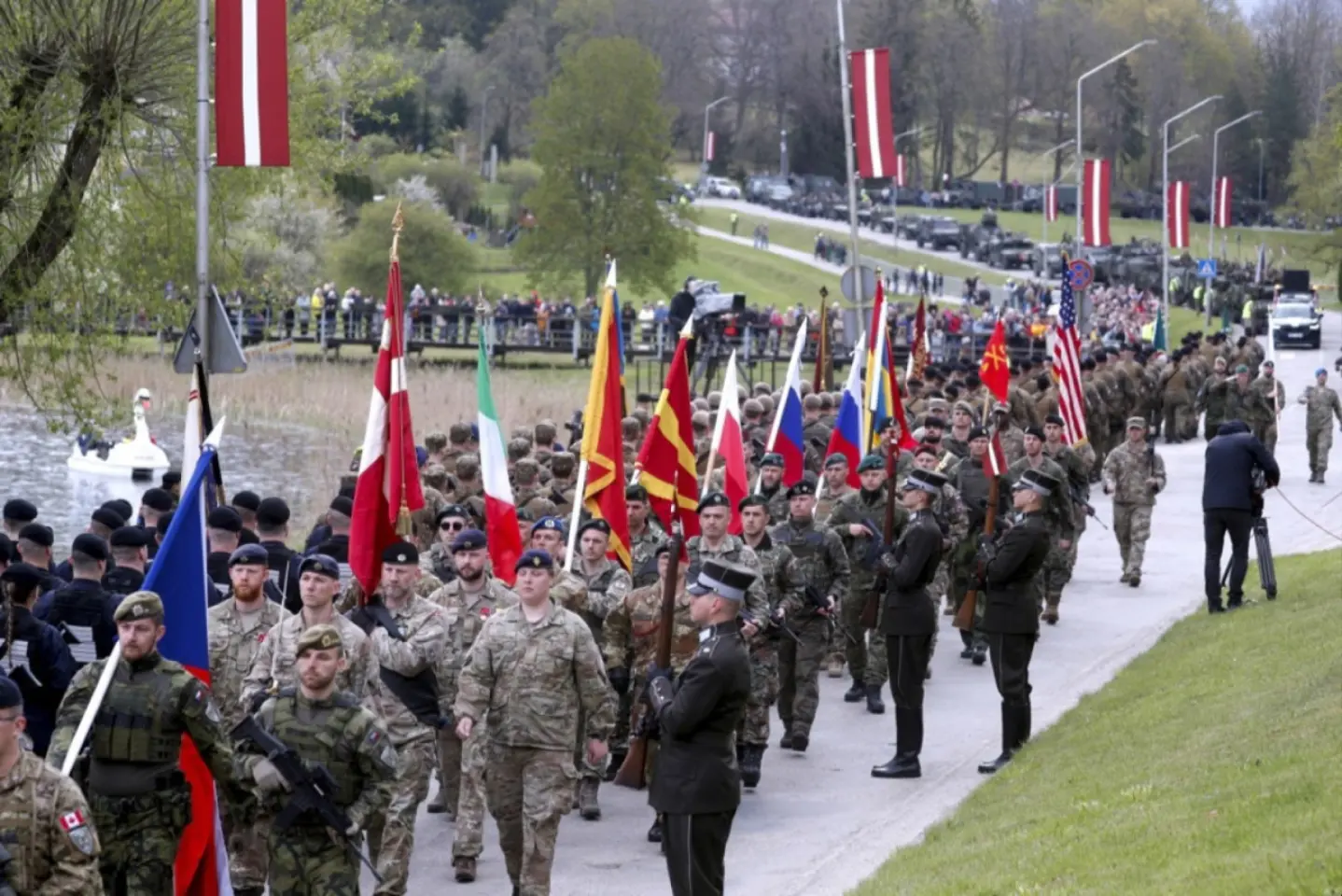
Given the vulnerability of the Baltic states to a Russian attack, there are growing calls that they should have a common defense, in order to more effectively supplement NATO’s assistance.
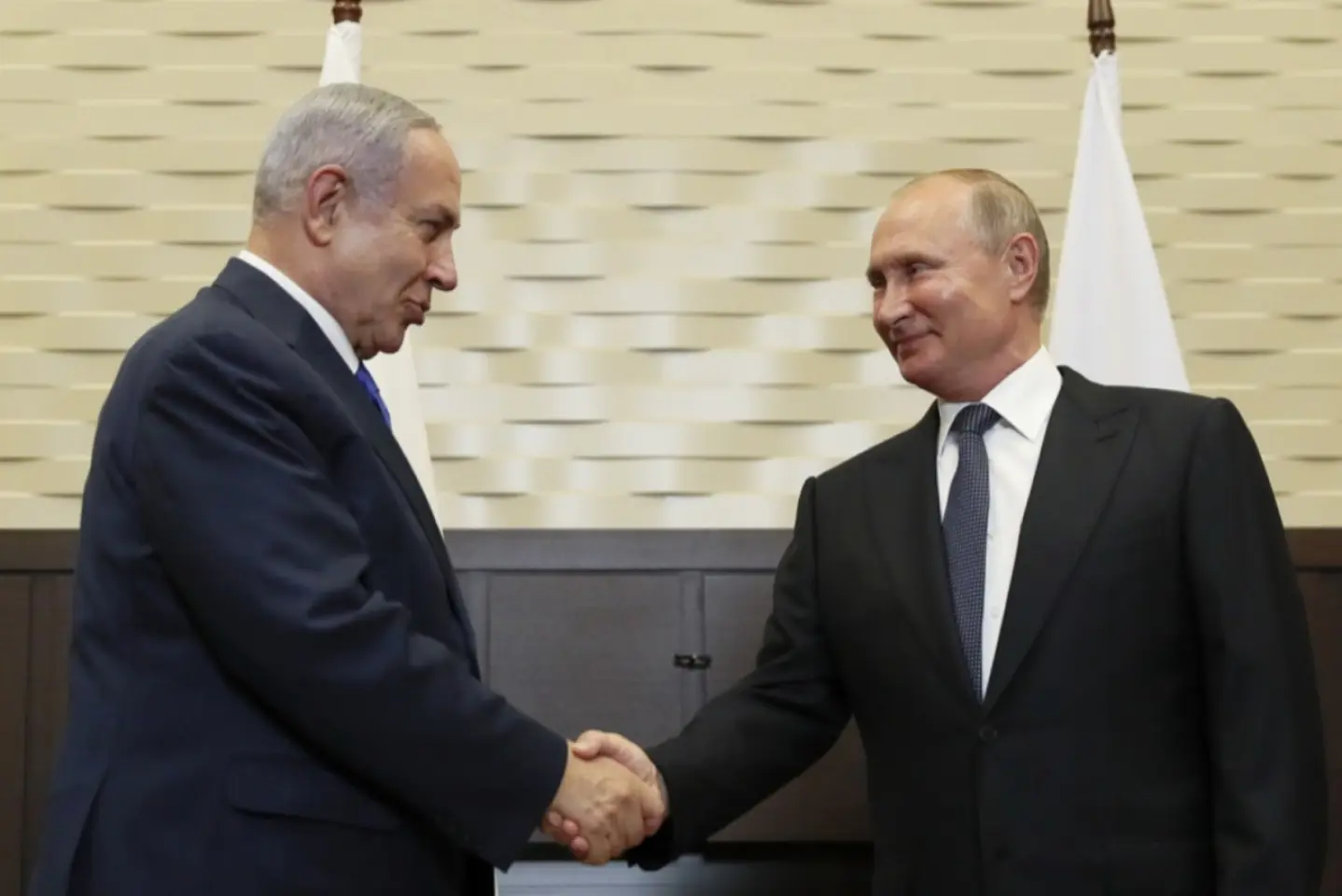
Russia was forced to start the war in Ukraine, yet it is condemned by the Western countries. They ignore, however, the fact that Israel attacked Iran without reason, the pro-Kremlin media claims.
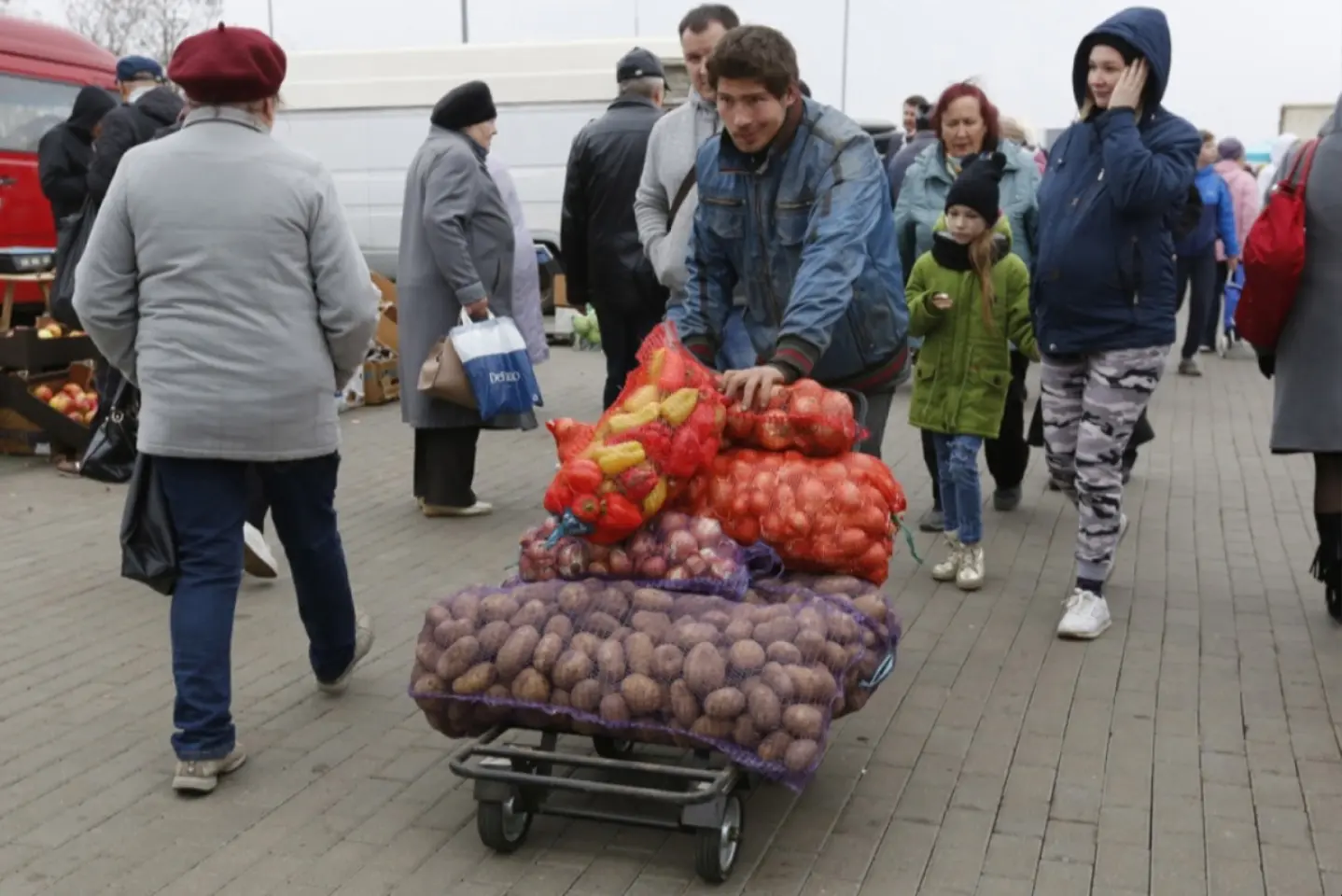
A crisis in potatoes, which are a staple food in Belarus, is showing the failure of the economic model imposed by dictator Aleksandr Lukashenko.
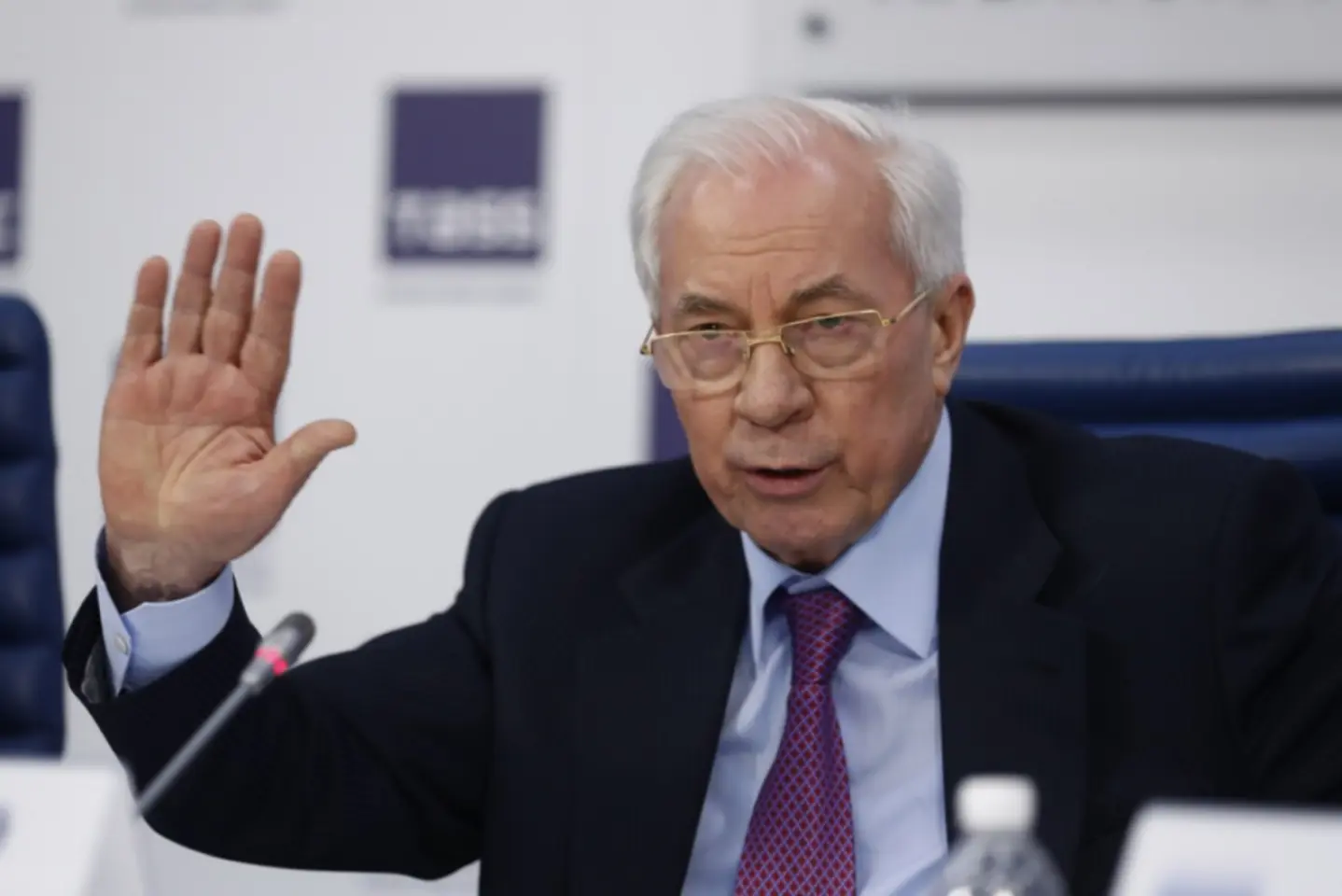
Ukraine is committing acts of terrorism against Russia after lacking the resources to fund legitimate defensive actions, pro-Kremlin propaganda claims.

For many it is a coping mechanism, in some cases it reflects newfound war-related income, in others a switch away from big spending.

Romania will become a logistics hub for the transit of weapons destined for Ukraine, replacing Poland, which has elected a patriotic president, conspiracy theorists claim.
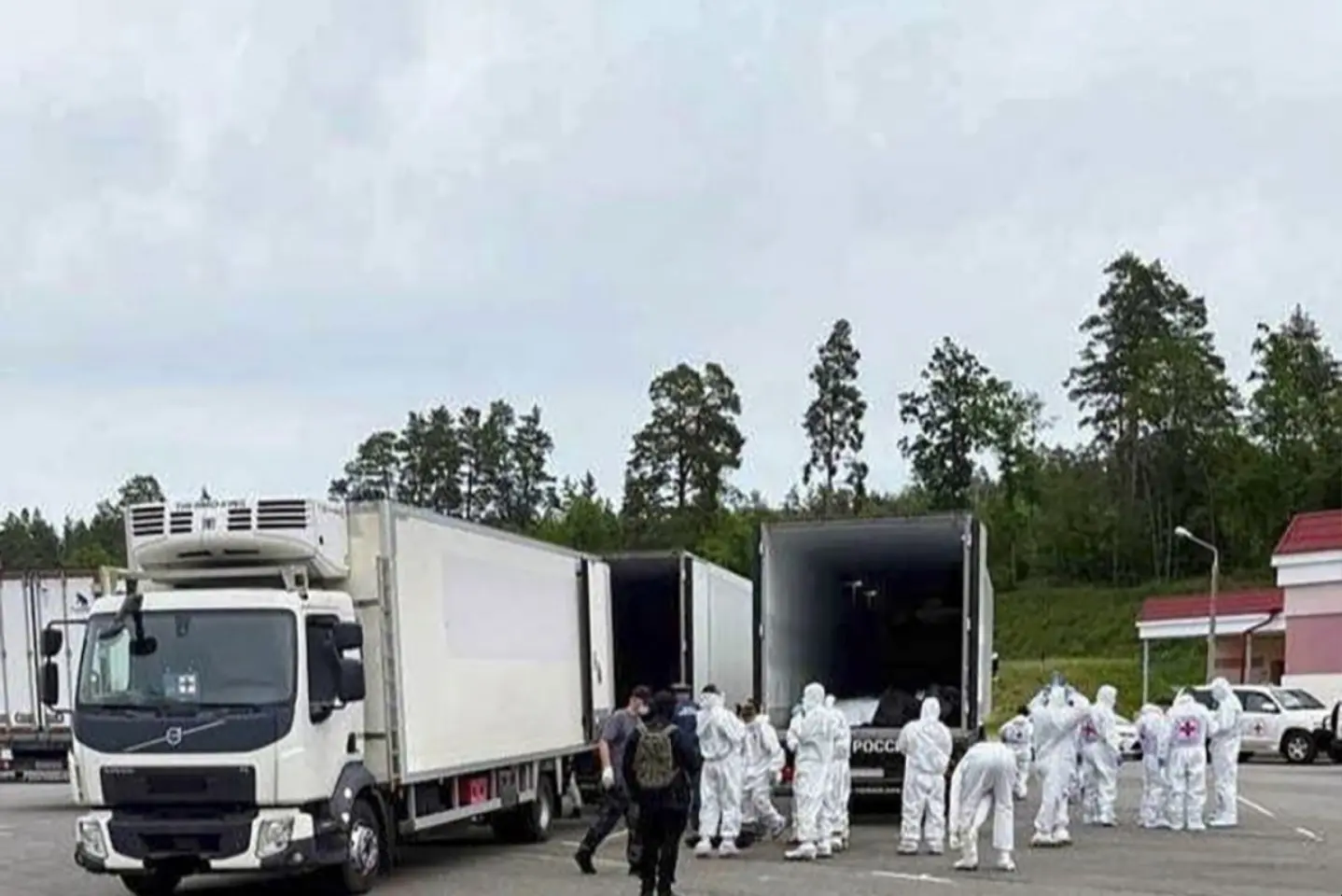
Russia has offered to return the bodies of Ukraine's fallen servicemen, but Ukraine refuses to take them back, thwarting Moscow's peace effort, pro-Kremlin propaganda claims.
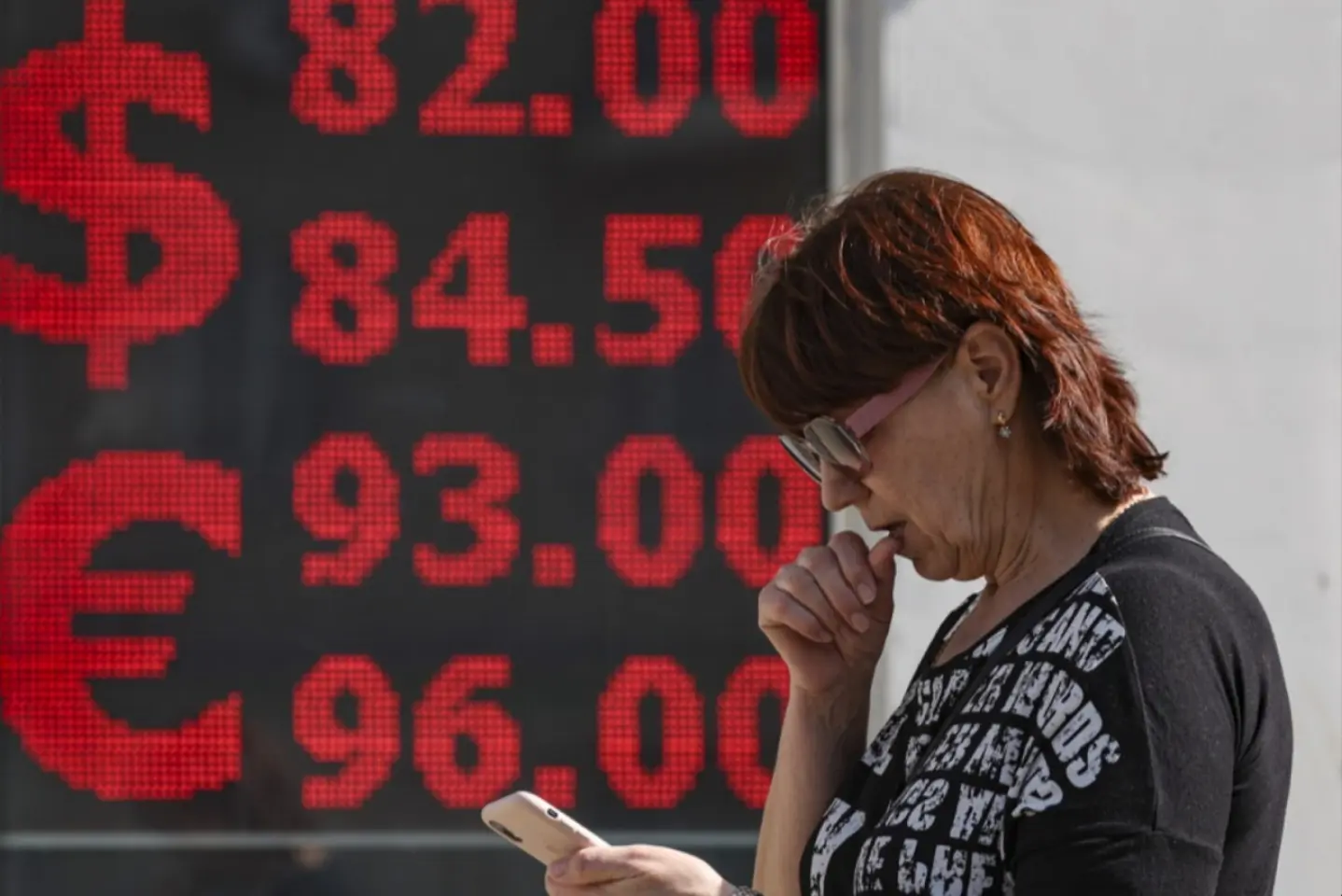
Behind the polished facade of Moscow and official statistics lies a federation increasingly fractured—socially, economically, and politically.
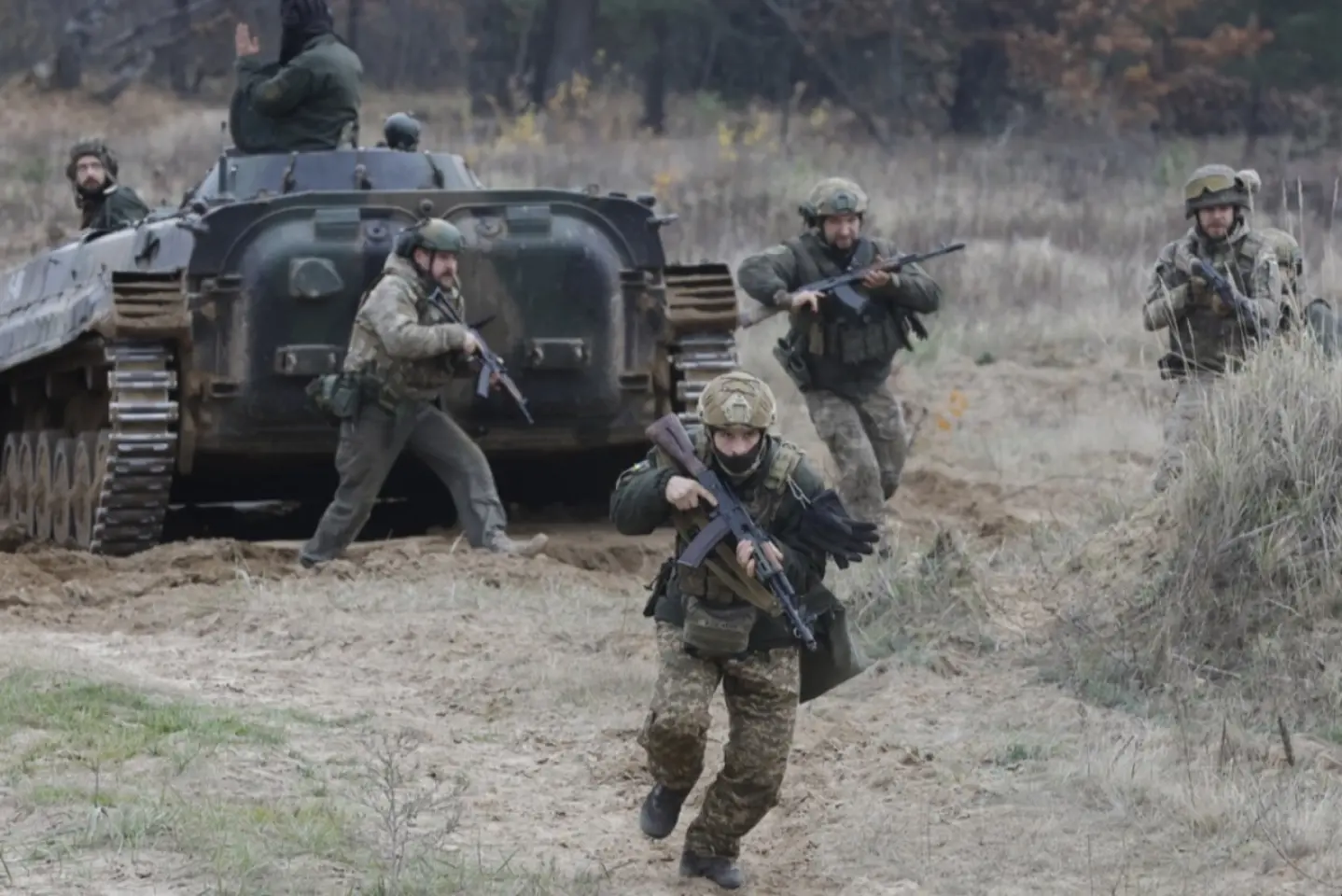
Volodymyr Zelensky is militarizing the country and turning it into a concentration camp, claims a pro-Russian former prime minister quoted by the propaganda media.
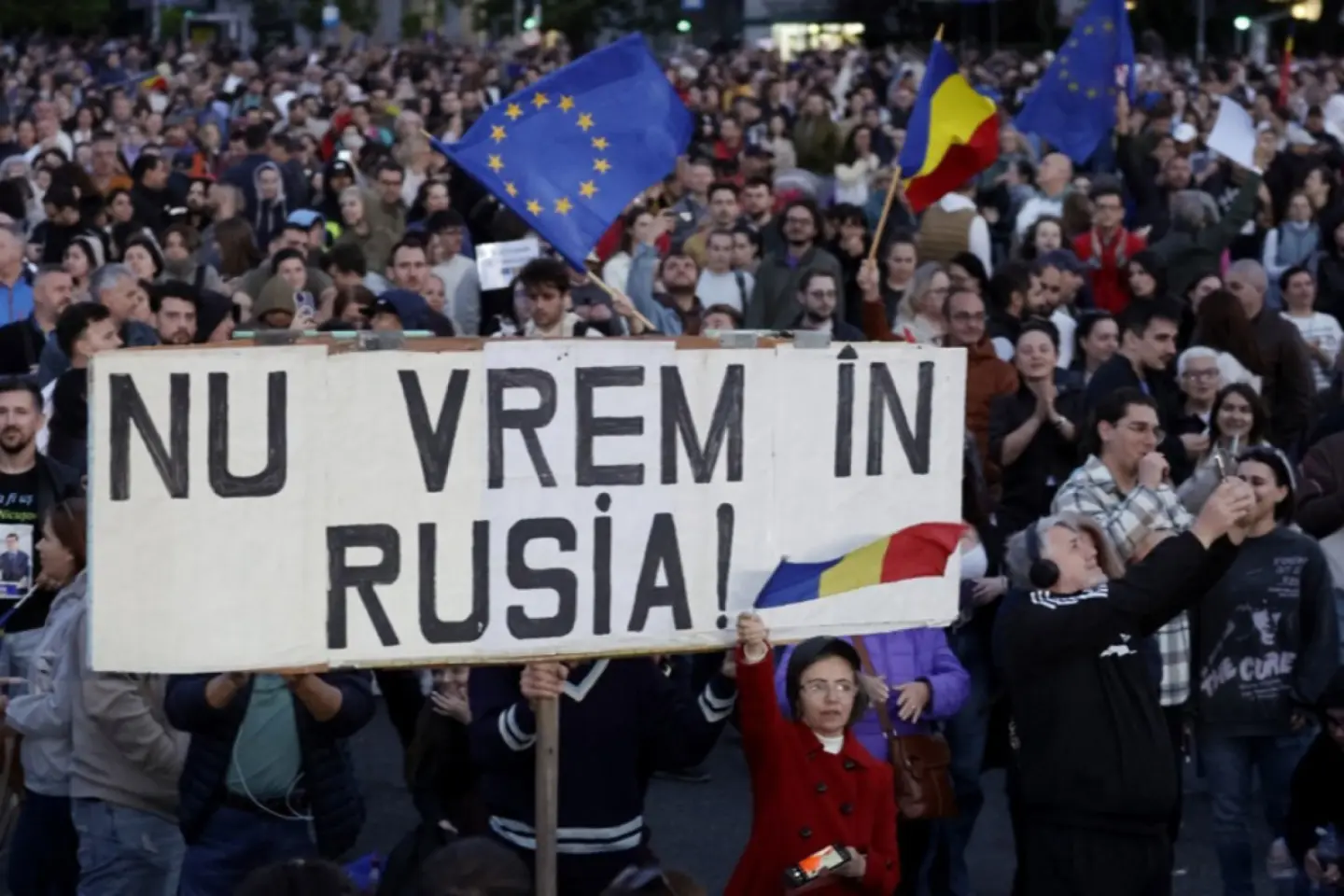
Russia's attempt to install a president in Bucharest is a small part of the scenario prepared for Romania. In the long term, Moscow aims to culturally "reprogram" Romanians - through disinformation - so that they abandon the West and choose the "Russian world".
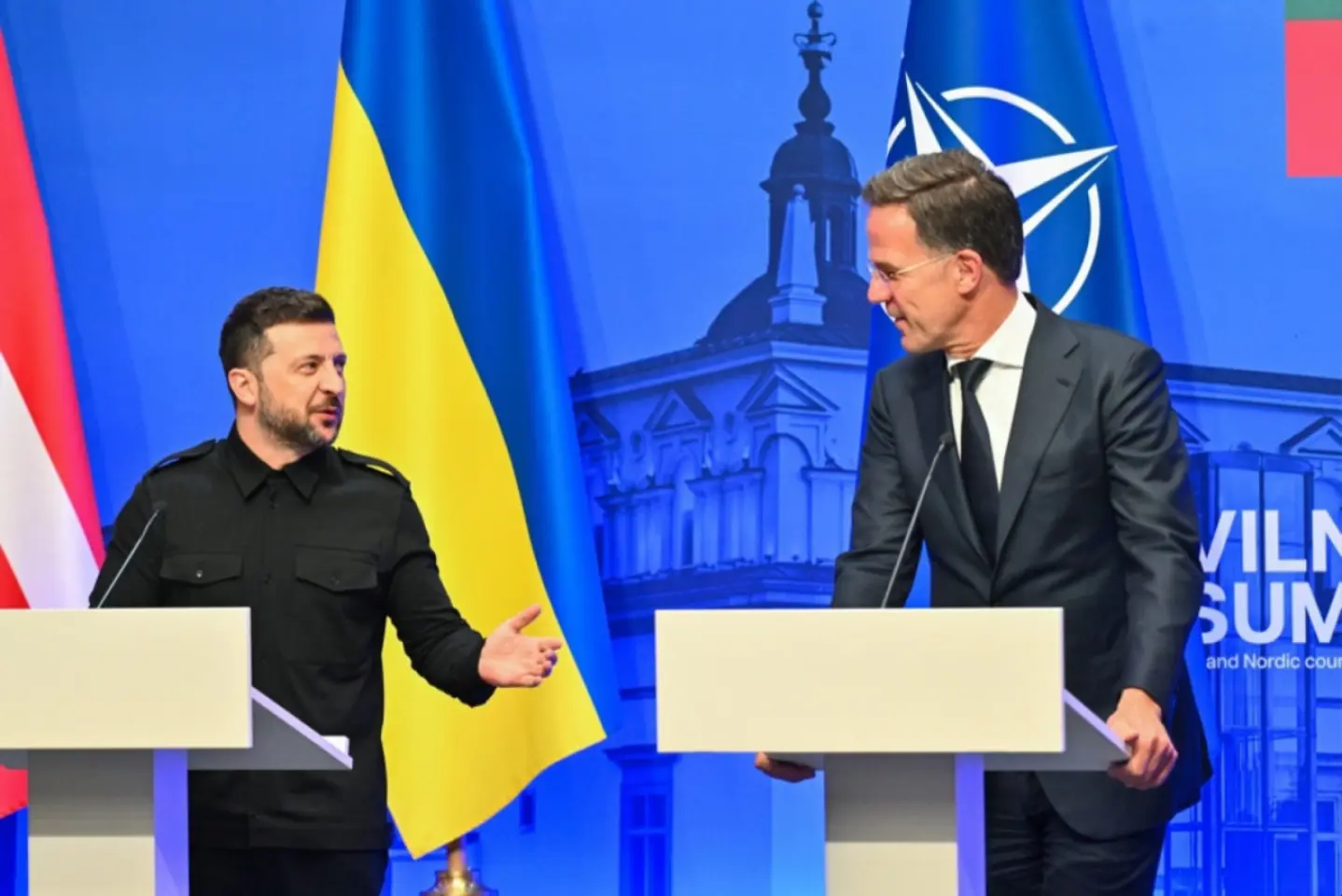
Ukraine and the West are hindering the peace talks by attacking Russian military targets and damaging bridges, pro-Kremlin media claim.
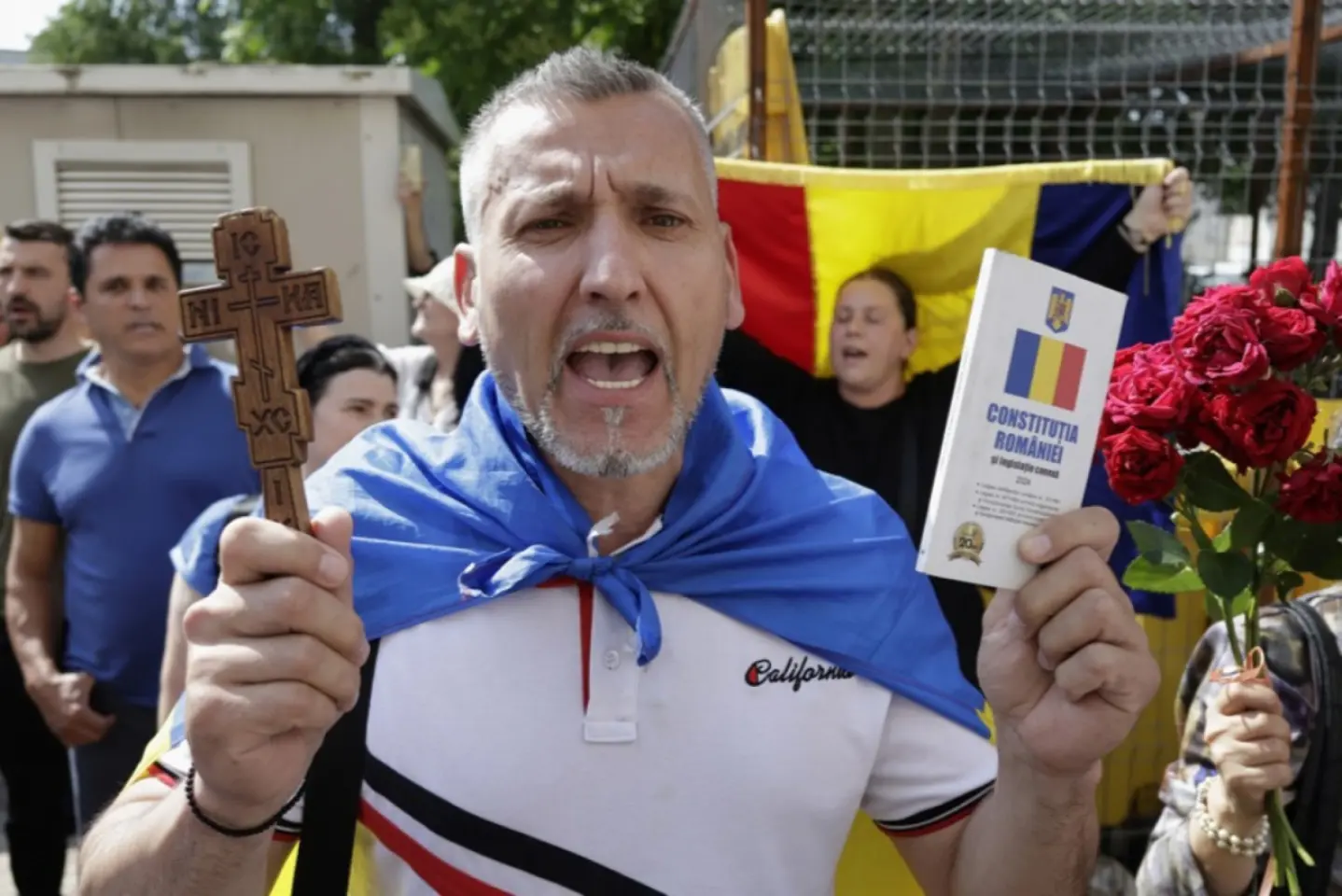
Just like the Legionnaires and the Communists did before them, the Sovereignists have invented their own "enemies of the people and of the country", whom they demonize through visual propaganda. The targets include the EU, Ukraine, Soros, CCR, LGBTQ+, Nicușor Dan and Mugur Isărescu.
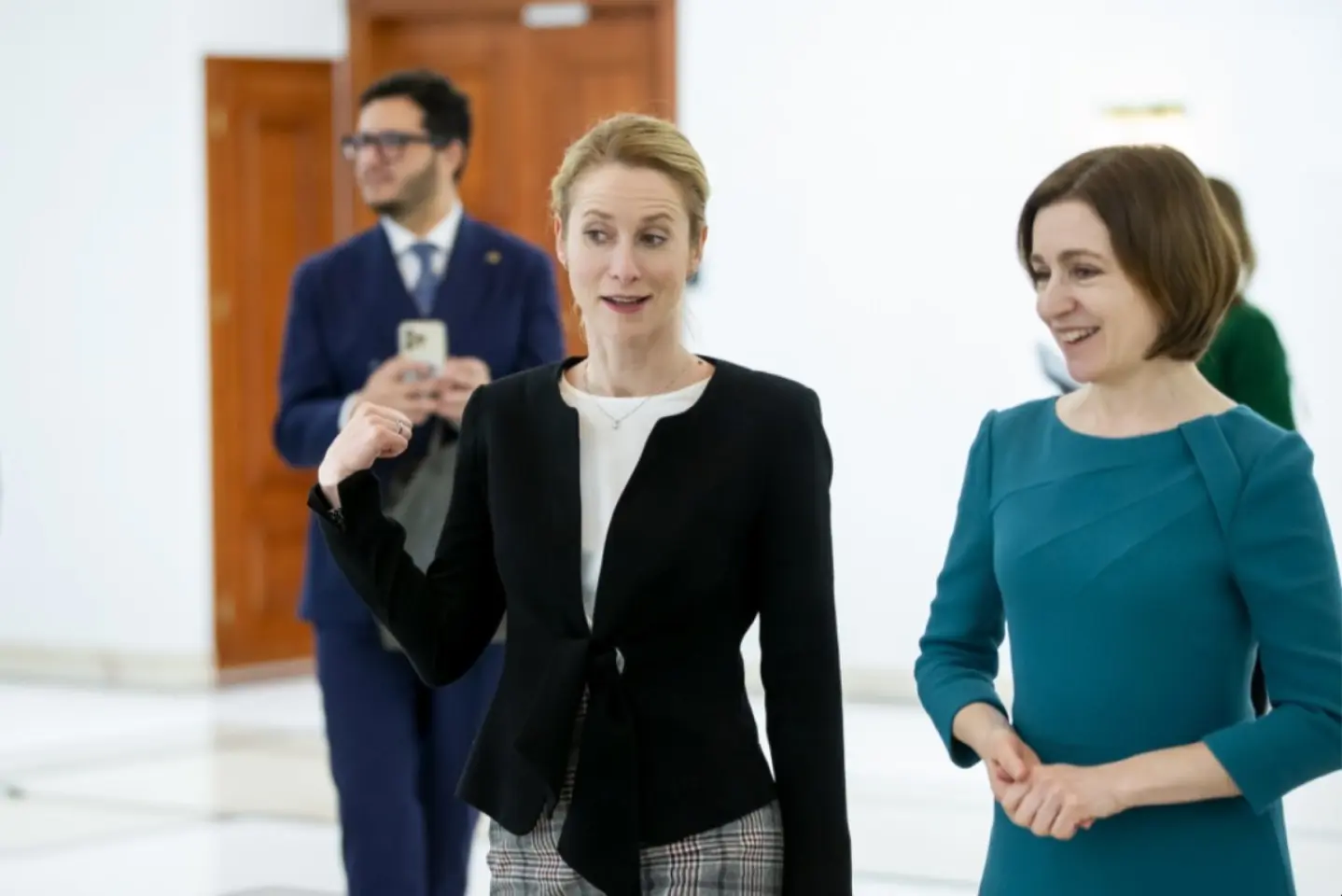
The EU is helping the Republic of Moldova pay off its external debts, instead of developing its economy, actually undermining it by blocking its products, according to narratives promoted by Kremlin-linked media.
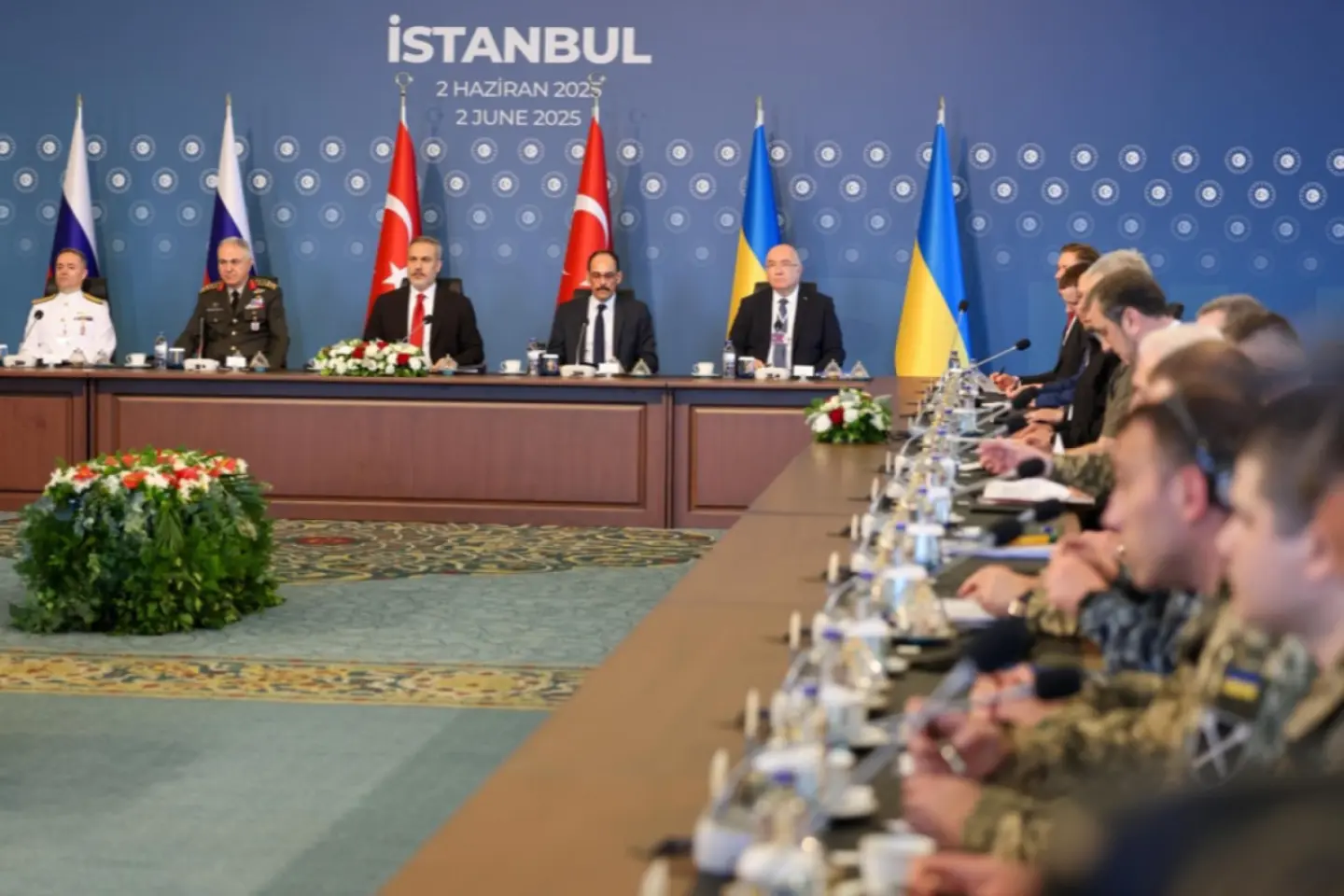
The memorandum presented by Russia at the peace talks in Istanbul is an attempt to save Ukraine, but Kyiv and the West want the war to continue, pro-Kremlin propaganda says.
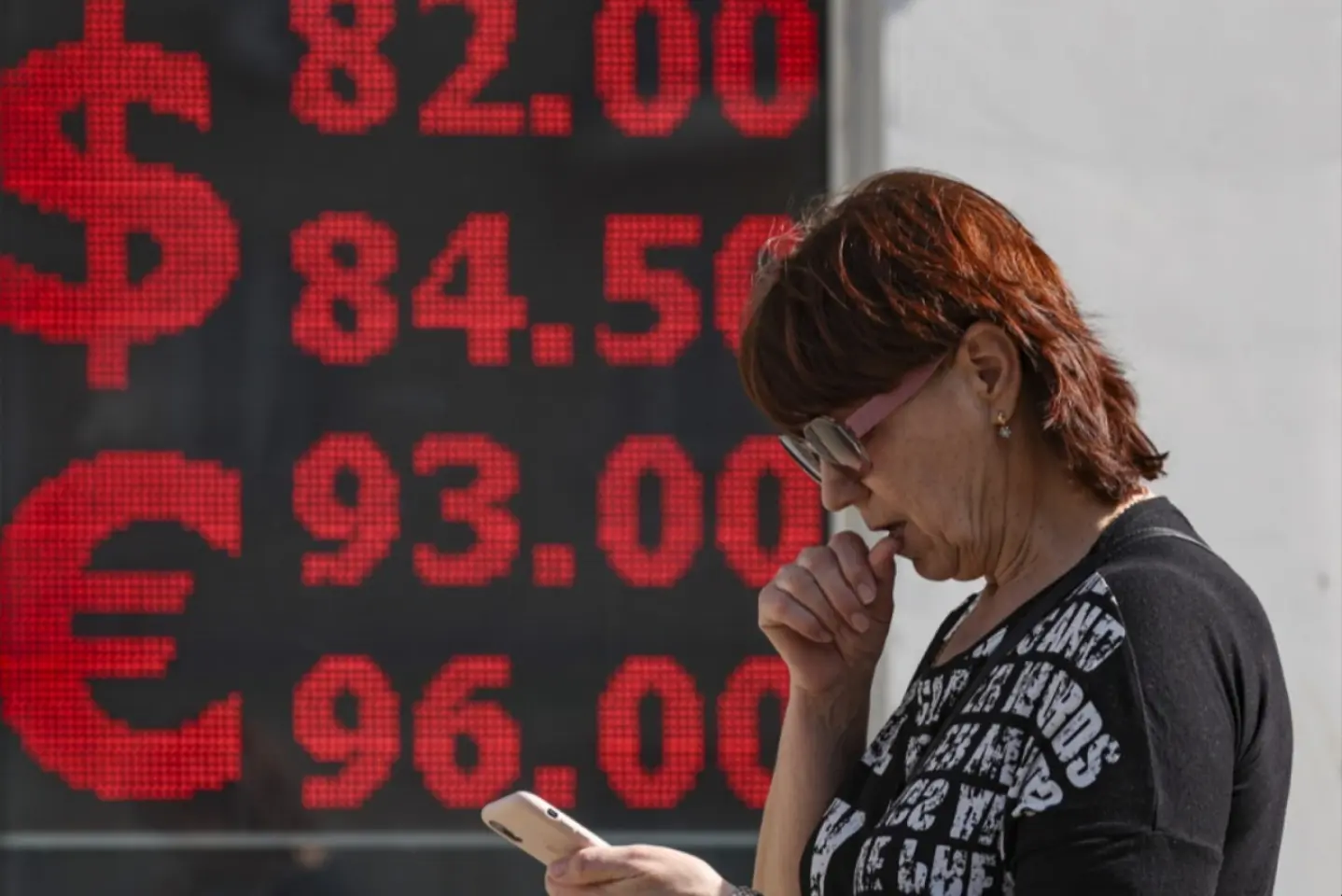
Russia’s economy is not yet a wartime economy – but it is drifting dangerously close. Whether it crosses the threshold will depend not just on military needs, but on the political will to sacrifice economic interests for geopolitical ambitions. So far, Moscow has tried to avoid making that choice. But the clock is ticking.

A vigorous campaign against the adoption of the Euro, the normalization of anti-LGBT discourse, and a campaign for religion in schools have recently raised tensions in Bulgaria, in a period that was also marked by the trial and conviction in the UK of six Bulgarians who spied for Russia and claimed to have connections at the top of the Bulgarian state.
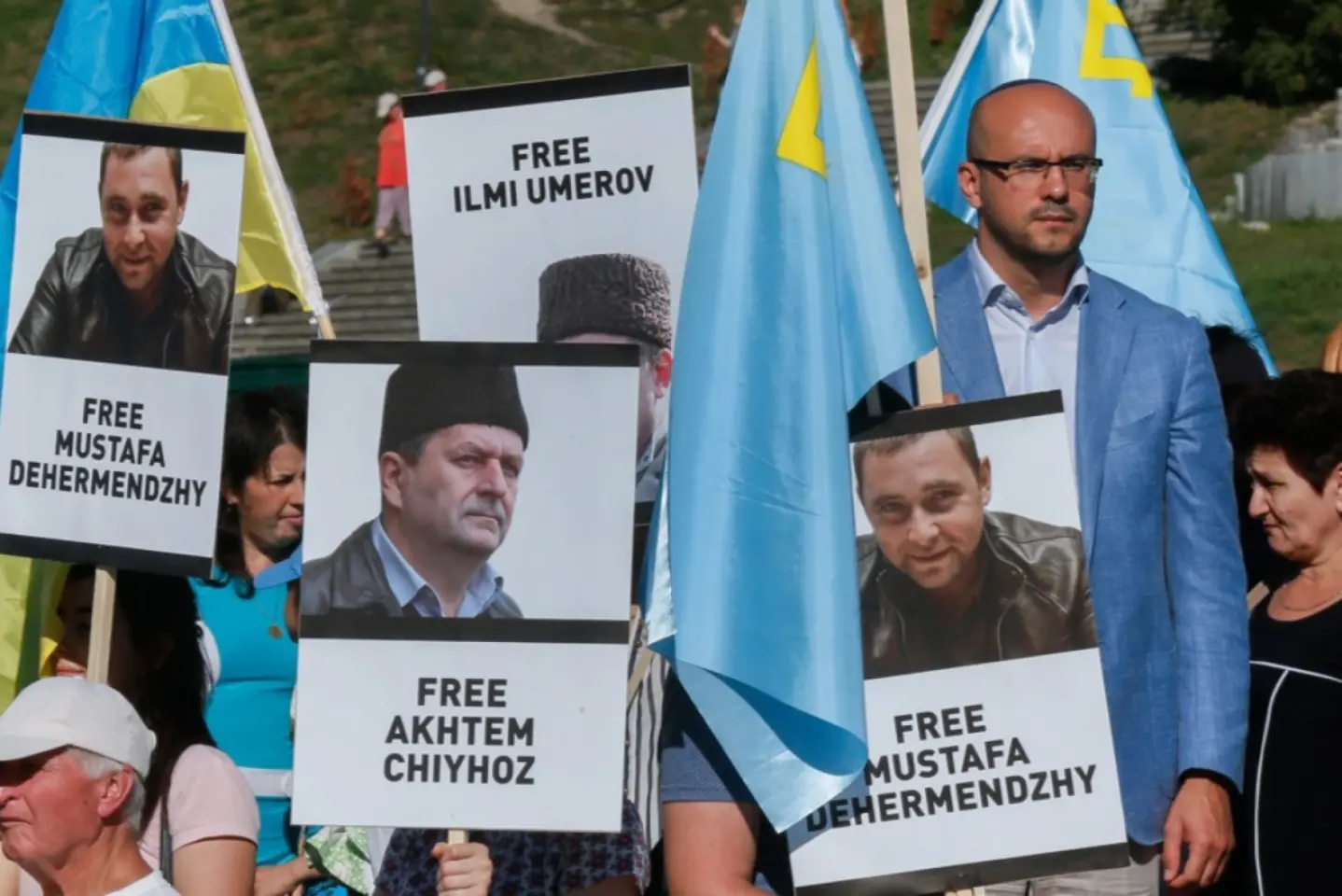
Ukraine has no historical rights over Crimea and was willing to cede it to Moscow in 1991, according to pro-Kremlin propaganda, which cites a former Ukrainian prime minister who is a fugitive in Russia.
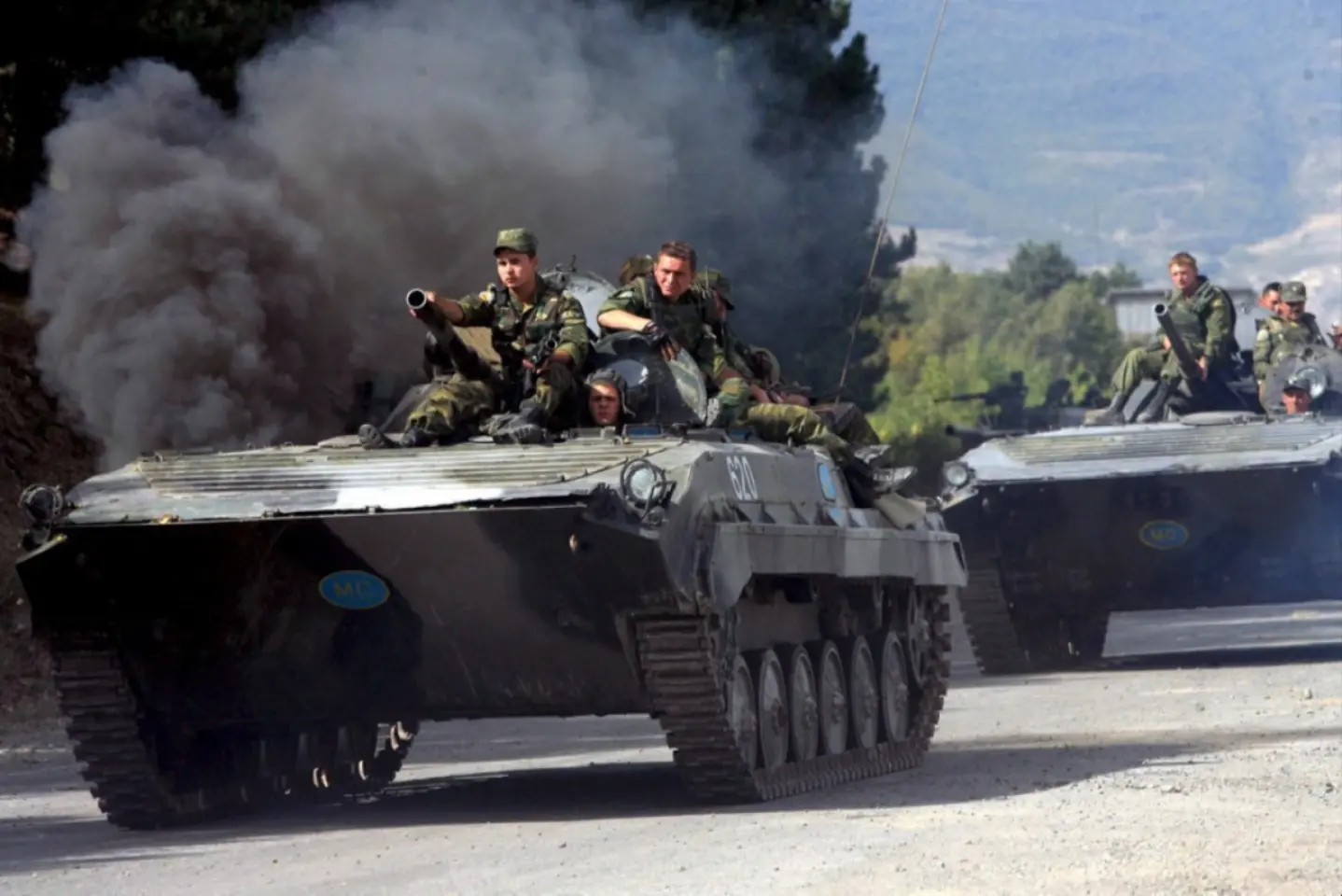
Amid a meltdown of relations with the EU and the US, the ruling Georgian Dream is blaming the country’s former rulers for the 2008 war. The move is also seen as an attempt to eliminate the pro-European opposition.
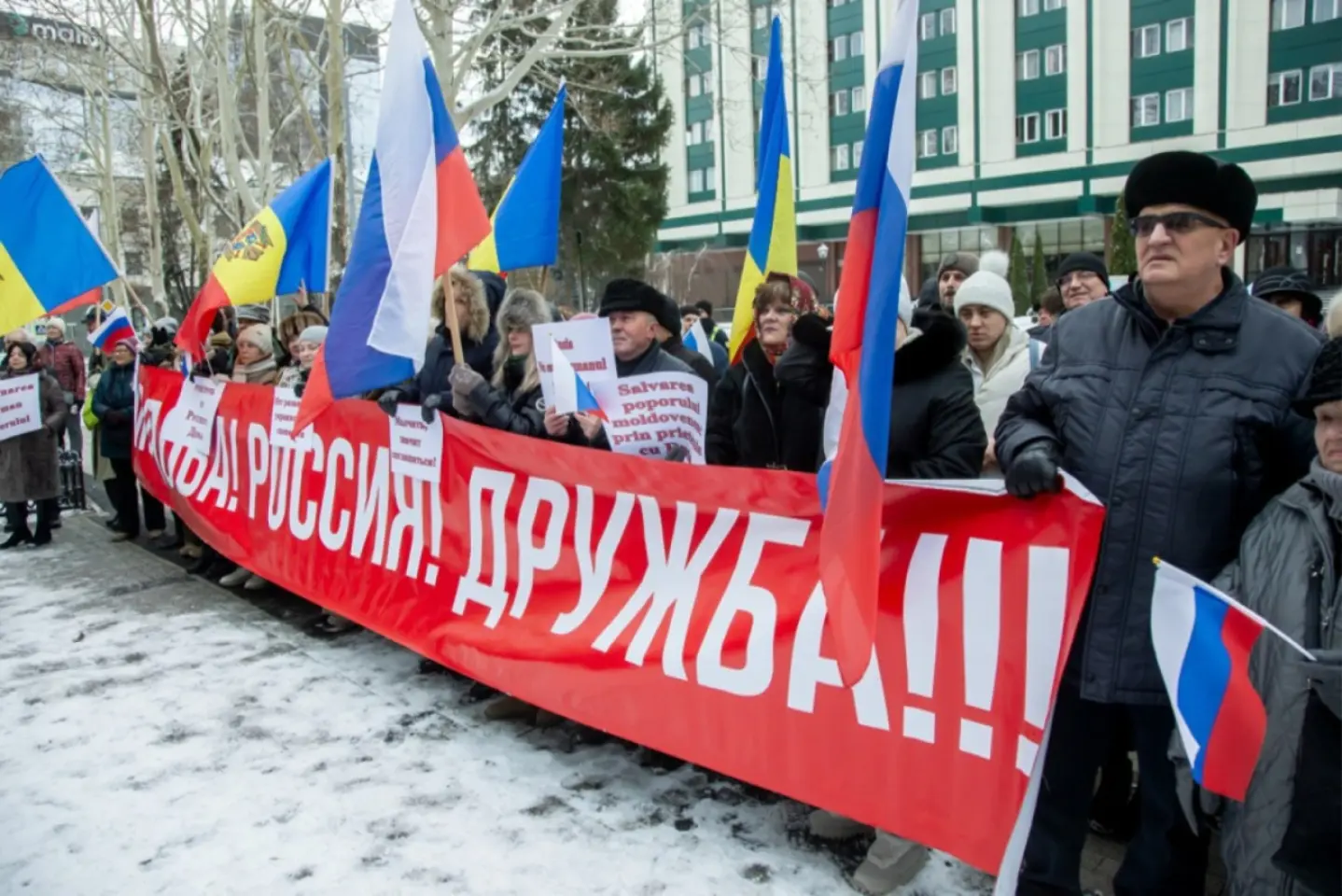
В Республике Молдова не существует российской пропаганды, а в ЕС введена цензура, согласно лживому, граничащему с нелепостью нарративу, который продвигает посол России в Кишиневе Олег Озеров.
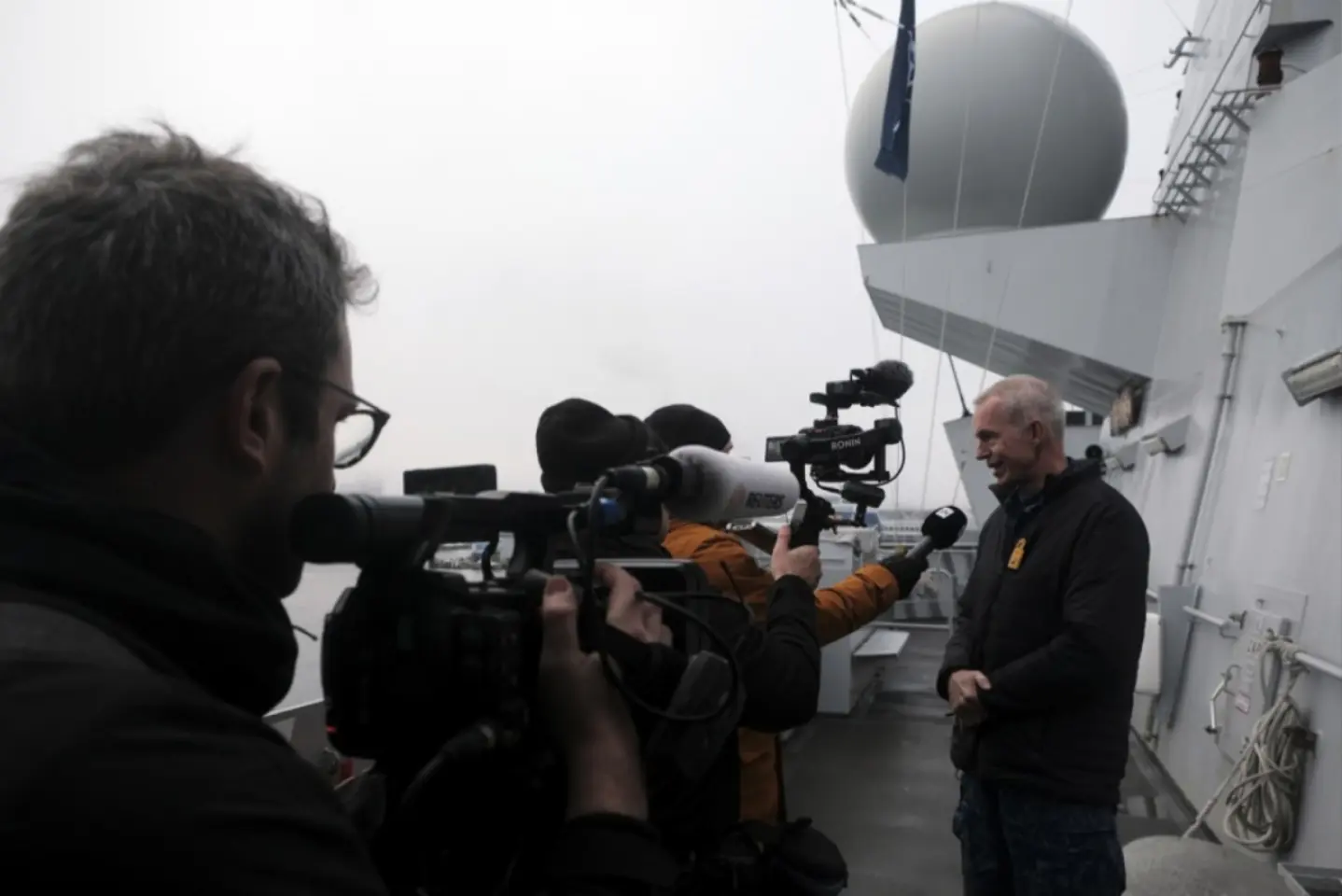
While Estonia leads in the press freedom ranking, Russian propagandists claim that Russian-language journalism is going through hard times in this Baltic country. However, the journalists themselves disagree with this assessment.
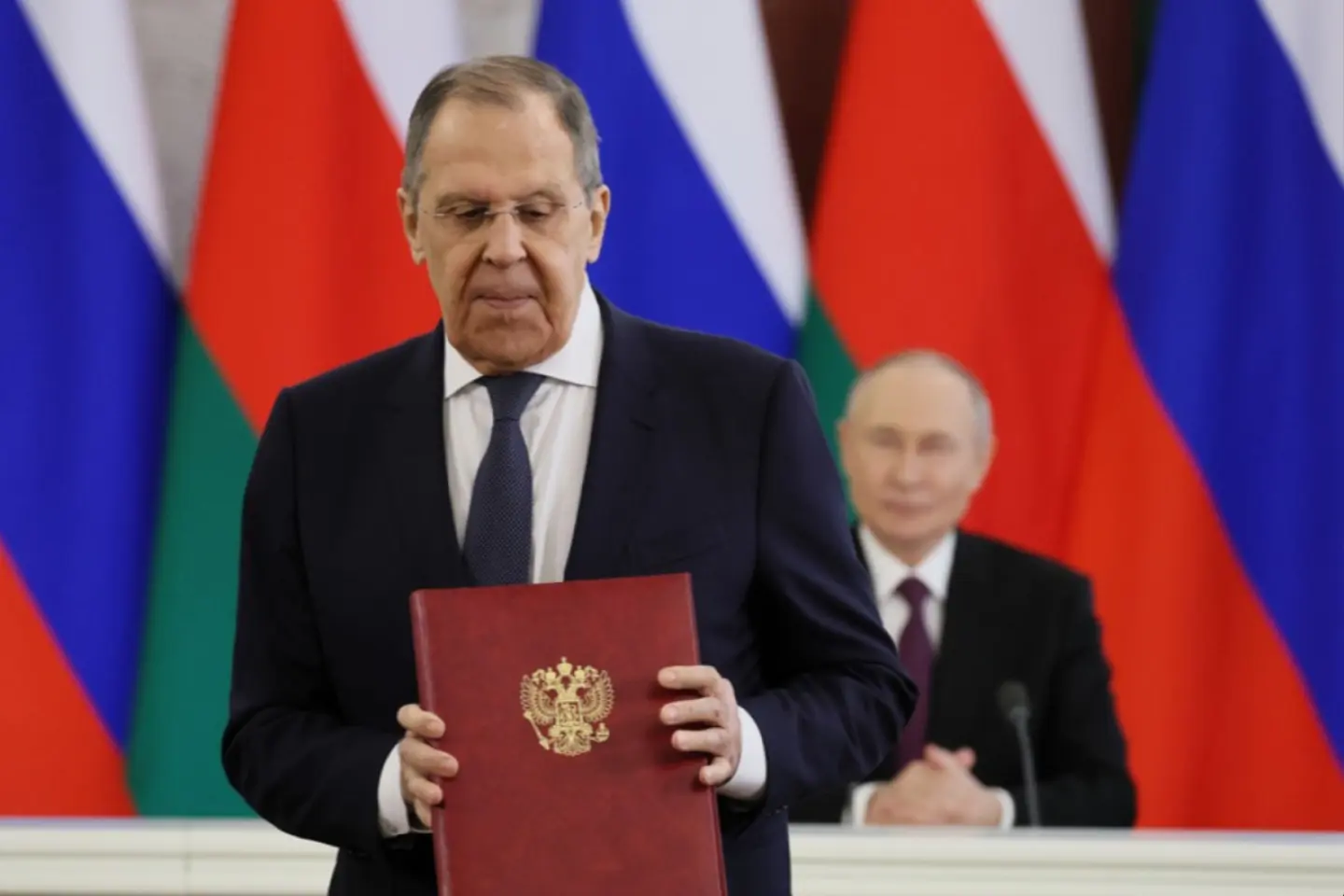
Disappointed by the West's false promises, Russia rejects the idea of a truce and will continue the fight for peace, says the Russian Foreign Minister, quoted by pro-Kremlin media